President Muhammadu Buhari on Tuesday inaugurated a 22-member Presidential Transition Council with a charge to facilitate a smooth handing over to the incoming administration on May 29, 2023.
Buhari scored his administration high, saying it has “successfully advanced the fortunes of the country and learned lessons that will be helpful for the new administration”.
He directed that the reforms that enabled the achievements should be documented and communicated in clear terms for the incoming government.
“So that the incoming administration understands what we have done, the basis of our decisions, what we achieved and the opportunities for continuity,” said Buhari, who was represented by the Secretary to the Government of the Federation, Mr Boss Mustapha, who chairs the transition committee.
Persecondnews recalls that on February 8 Buhari had approved the establishment of the Council, and also signed the Executive Order 14 on the Council.
Mustapha, in his comment, said the inauguration is another historic occasion for the administration as it continued to show its commitment to strengthening important institutions of governance for the nation’s democratic process.
“Although the Constitution of the Federal Republic of Nigeria sets out the overarching framework for assumption of office of the President. This is the first time in our history as a country that the Federal Government of Nigeria will be establishing a detailed process for managing Presidential transitions of government at the federal level.
“It is with great delight and honour, therefore, that I am carrying out the onerous task of inaugurating the Presidential Transition Council on behalf of the President of the Federal Republic of Nigeria.
“In line with the Executive Order No. 14 of 2023, the council is charged with the responsibility of facilitating and managing the 2023 Presidential Transition Programme,” he said.
The Council will, among others, facilitate the handing over process by the current President to the President-elect; organise for the security of the President-elect and the Vice President-elect including coordinating security briefings on the nation’s security matters post- elections.
The council will also organise necessary facilities including fully furnished office and personnel for the President-elect and his/her transition team.
Also co-ordinate the briefings of the President-elect by relevant public officers; facilitate communication between the outgoing President and the President-elect; prepare the programme and organise for the swearing-in ceremony.
“I enjoin each of us to put in even more effort in ensuring the next administration receives every support needed to make an early and quick start. In a few months, it will be eight years that the Buhari administration has been in power.
“Within this period, we have made significant strides in advancing the fortunes of our nation, we have also learnt lessons that will be useful for the incoming administration and it is on the strength of this trajectory, that the current administration is committing itself to making the 2023 transition process seamless for the incoming President and his team.
“The President expects that the transition process will be replicated across states government,” Mustapha said.
He also announced the appointment of the Special Adviser to the President on Policy and Coordination, Dr. Habiba Lawal, as the Secretary of the Presidential Transition Council.
Speaking on behalf of members of the council, the Head of Service of the Federation, Dr (Mrs) Folashade Yemi-Esan, said:”lt is a privilege to be called upon to serve. It’s important for us to note that this time taken by Mr. President to establish the transition council before the presidential election is held is not only proactive but also selfless and very noble, and is in the interest of Nigeria.”
Persecondnews reports that Mustapha heads the Council with the Head of Civil Service of the Federation, Solicitor-General of the Federation and Permanent Secretary, Federal Ministry of Justice; Permanent Secretaries from the ministries and offices responsible for Defence, Interior, Budget and National Planning, Foreign Affairs, Information and Culture, Federal Capital Territory Administration (FCTA) and Special Duties and Inter-Governmental Affairs serving as members.
Others are Cabinet Affairs, office of the Secretary to the Government of the Federation (OSGF), General Services, OSGF; Economic and Political Affairs, OSGF; State House, National Security Adviser, Chief of Defence Staff, Inspector-General of Police and the Director General, National Intelligence Agency.
The council also includes the Director General, Department of State Service, Clerk of the National Assembly, Chief Registrar of the Supreme Court of Nigeria; and two representatives to be nominated by the President-elect.











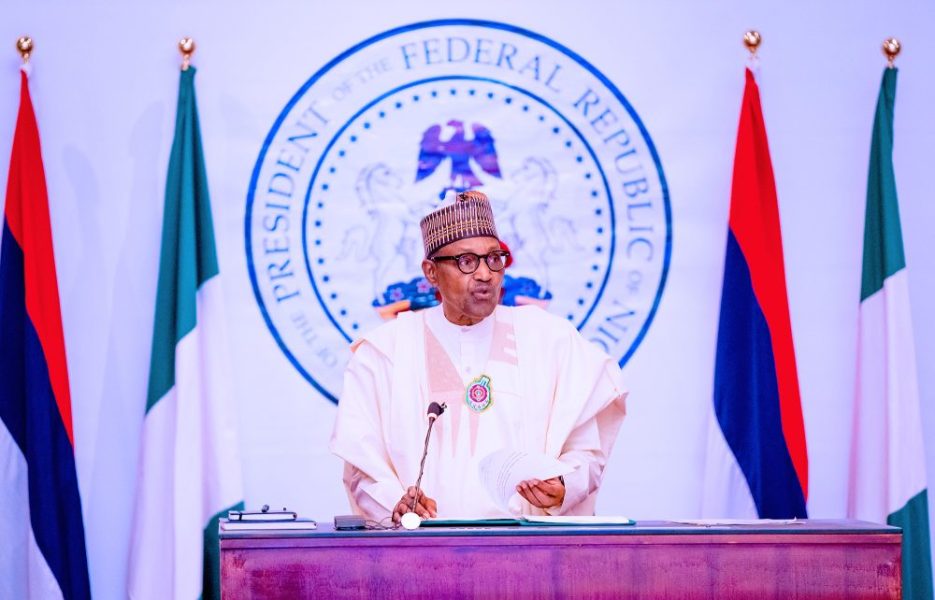

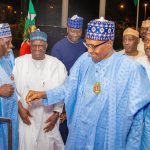






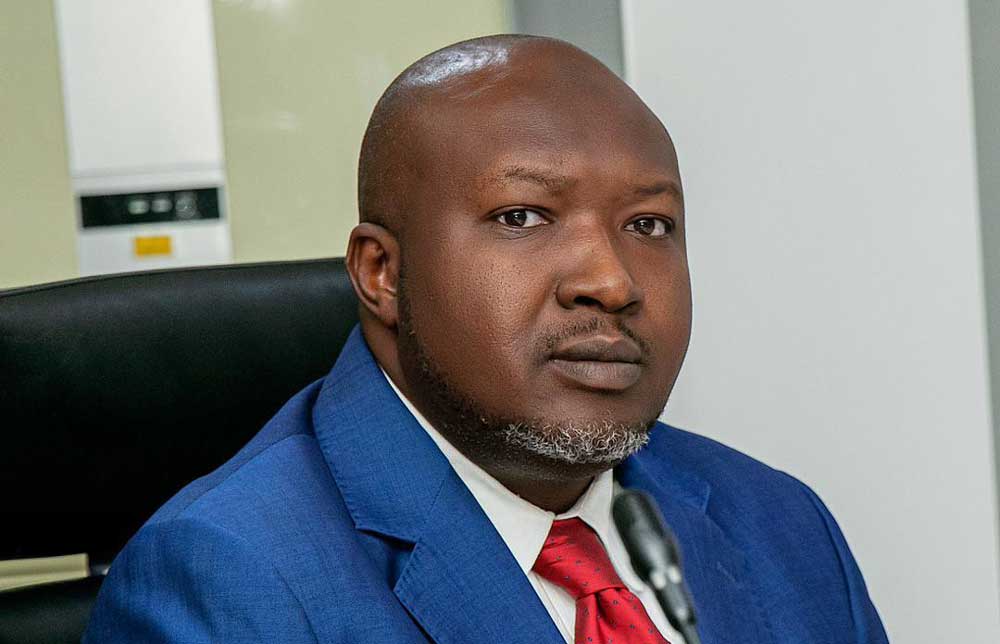
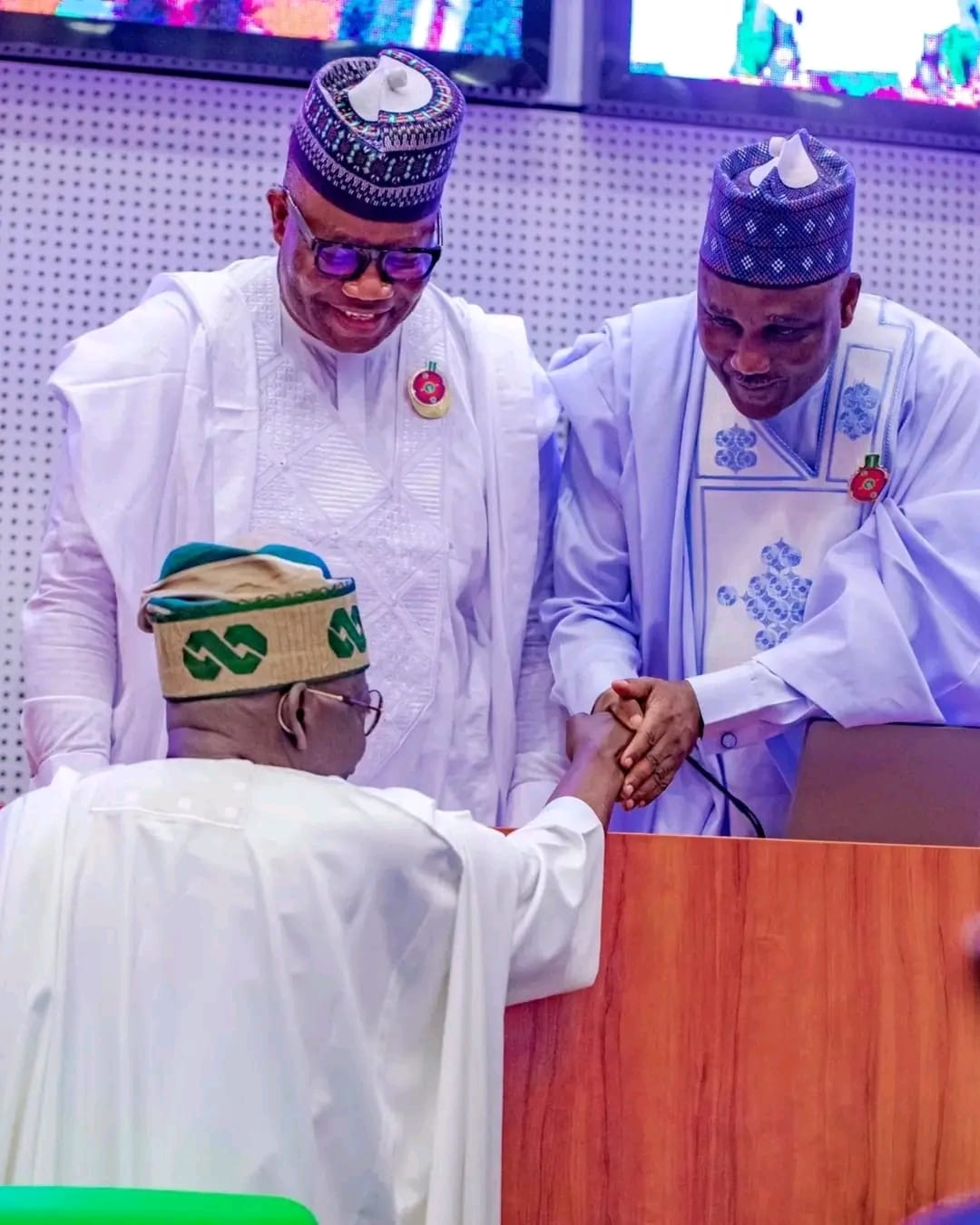
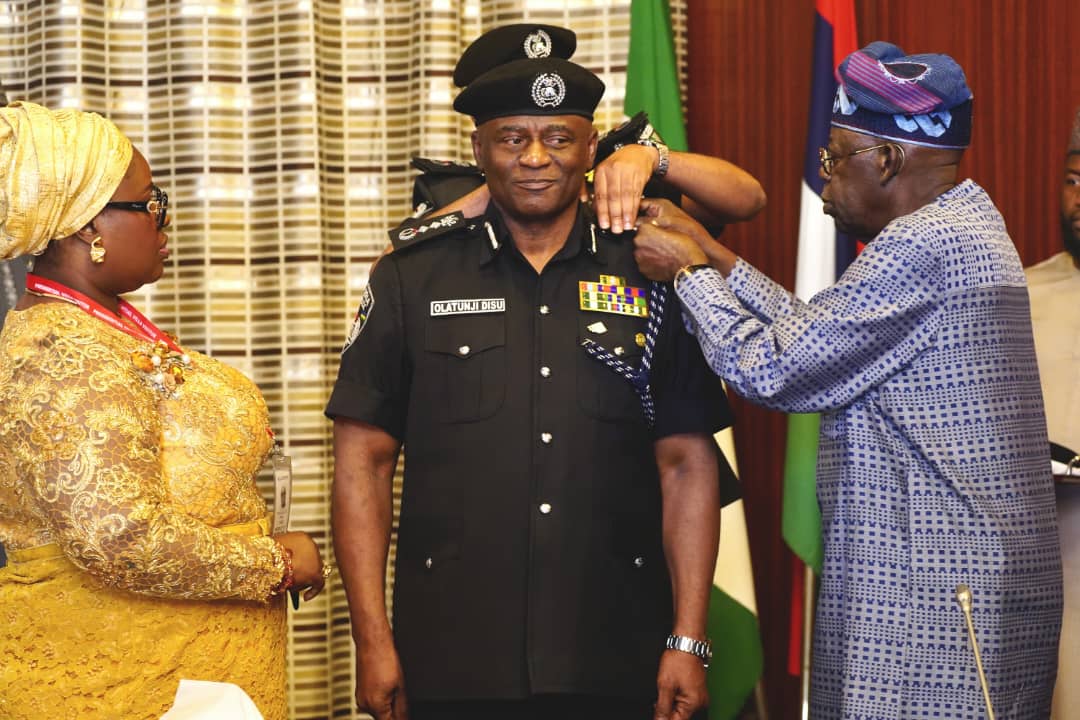
Leave a comment